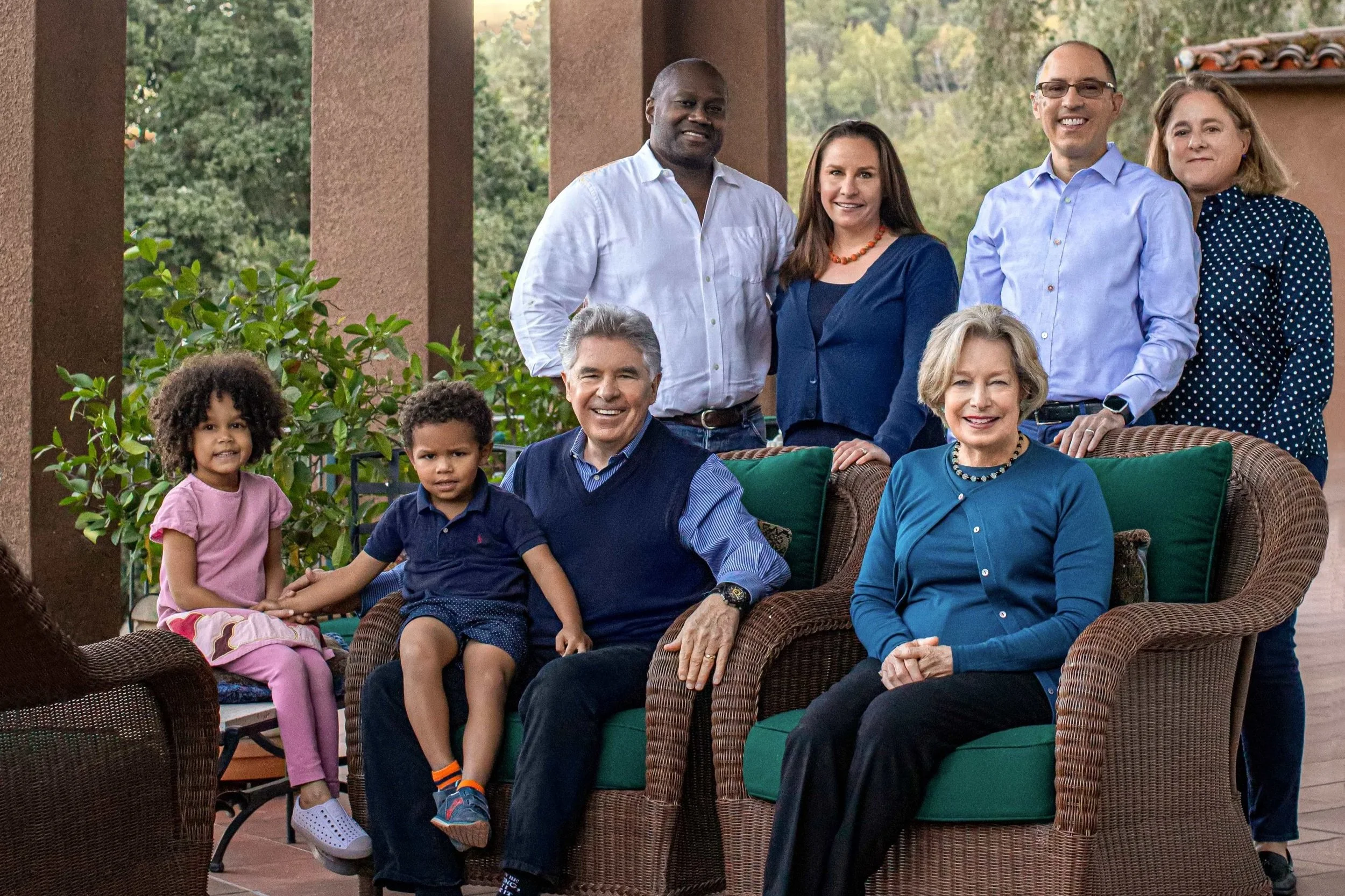Who's Been Giving Lately to End the Country’s Most Expensive Disease?
/photo: sabthai/shutterstock
Ric and Jean Edelman, a couple who made their money in finance, recently pledged $25 million to fund a competition focused on finding new approaches to detecting, treating, and curing Alzheimer’s.
The competition will be through the XPRIZE Foundation, a nonprofit that organizes public competitions to encourage innovation that benefits humanity. Alzheimer’s research beat out several other issues at the foundation’s summit of government and private sector leaders, including clean air, zero-waste mining, cyber security and reimagining democracy.
This differs from the usual philanthropy around Alzheimer’s and dementia, which tends to be in the form of generous, one-time gifts. No big donor has stepped up to own the space yet, although a number of major givers like Paul Allen are investing heavily in neuroscience research to unlock the many enduring secrets of the brain.
Related:
- Another Step in the Long March Against Alzheimer's
- Big Philanthropy's Latest Salvo in the High-Stakes War on Alzheimer's and Dementia
- In Case You Missed It: This Top Billionaire Is Targeting Alzheimer's
John Feather, CEO of Grantmakers in Aging, sees XPRIZE’s announcement as an encouraging sign. “It’s unusual for an aging issue to be seen by a much broader set of folks as the critical issue,” Feather said. “That’s what basically this says.”
Statistics back up that assessment. About 5 million Americans and 48 million people worldwide are affected by dementia. That number is only expected to grow as the population ages. Despite years of research, there still isn’t a cure for dementia.
The disease affects from a third to half of Americans over the age of 85, according to Feather. “Everyone has a story. Everyone has been touched by this,” he said. Feather speaks from both personal and professional experience. His grandmother, aunt and now his mother suffered from the disease.
The Edelmans, the couple behind the gift, also cited personal experience as a motivation. The couple, who run a financial services firm, said they lost several clients to the disease. They have been extensively involved in philanthropy in the past, including support for the Northern Virginia Therapeutic Riding Program, Make-a-Wish Foundation and the Leukemia and Lymphoma Society, but haven’t focused on dementia in the past.
A personal connection to dementia was behind another large gift to fund care and research this month. David Geffen gave $10 million to the Association for Frontotemporal Degeneration (AFTD), a form of dementia, in honor of his friend S. I. Newhouse, who suffered from the disease and passed away earlier this month. The money is for a new AFTD fund, the David Geffen Fund.
The Samuel I. Newhouse Foundation, named for Newhouse's father, also kicked in $10 million for the fund. The foundation, now run by Newhouse's brother Donald, has given to AFTD in the past, including a $5 million gift last year, as we reported. The donation was meant to kick-start philanthropic interest in this specific form of dementia, which afflicts fewer people than Alzheimer’s, but tends to affect them earlier, in their 40s and 50s. Like Alzheimer’s the disease is fatal and has no cure.
The ploy may be working. Geffen, a major philanthropist who made his fortune in the entertainment business, hadn’t prioritized dementia before this gift to honor his friend. So far, Geffen’s giving has focused on LGBT causes, and he's given big gifts to education, the arts and medicine. Geffen is worth $7.6 billion and has no heirs. If he were to take a sustained, long-term interest in dementia research, if would be a big deal.
There have been other large donations for research that could shed light on dementia. Beyond Paul Allen's huge investments in the Allen Brain Institute, Chuck Feeney and Sanford Weill have given big for neuroscience, building up research in this area at the University of California, San Francisco. Feeney's gift, through the Atlantic Philanthropies, funds an institute to study dementia and train new experts in related science, caregiving, and public policy.
It's also worth mentioning the huge investments by the Simons Foundation, now totaling hundreds of millions of dollars, in research aimed at understanding autism. While a very different disorder than dementia, it's another stubborn mystery of the brain that's attracting major new donor dollars and research talent. Insights from the Simons Foundation's epic quest, fueled by the wealth of hedge fund billionaire Jim Simons, could potentially yield new hints about dementia.
The amount of care dementia requires makes it the most expensive disease in the U.S. At $45 million, the funding from the Edelmans and Geffen combined is barely a drop in the bucket in comparison to the money spent caring for patients with the disease every year, an amount measured in billions, not millions.
About $109 billion was spent on patient care in 2010, according to a study from the RAND Corporation. That number increases up to $215 billion when you account for care provided for free by family, the study said. About one in every five dollars spent by Medicare goes to care for patients with dementia, according to the GHR Foundation, which funds Alzheimer’s research.
As the population ages over the next few decades, those numbers will skyrocket—unless we find a cure. Unchecked, the disease could bankrupt the country, Feather said.
Of course, in addition to the staggering expense of the disease, there’s the human cost. “This is the most terrifying, exhausting experience any human being will ever have,” Feather said of watching his mom suffer. “We have got to get a better handle on this, even though we’ve been working for a really long time.”
Related:



















